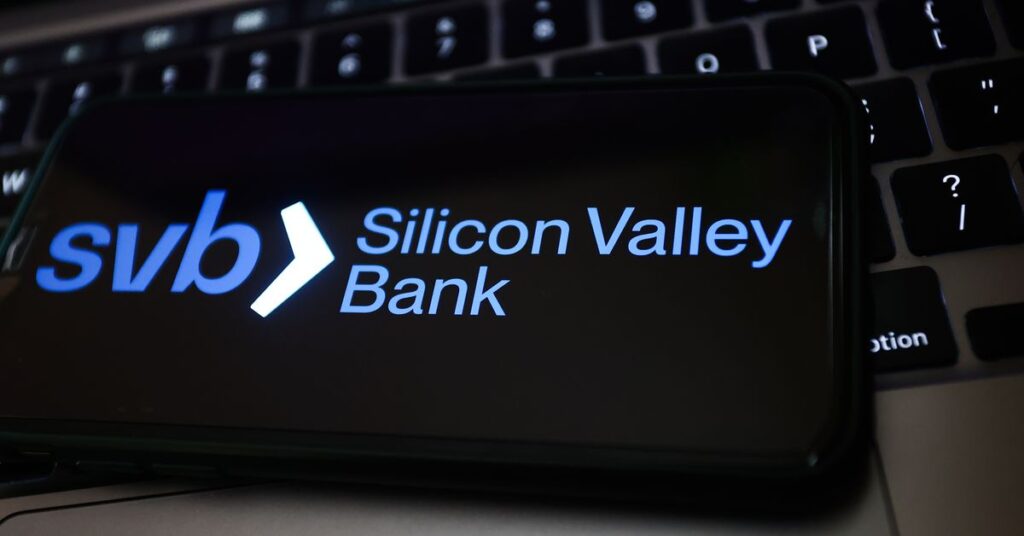The old saw about democracy is that it’s the worst form of government, except for all the others.
At the moment, the same holds true about bailouts aimed at averting economic panic — like we saw with Silicon Valley Bank (SVB) this weekend.
There is semantic dispute about whether the US government’s guarantee that SVB deposit holders (including Vox Media) will get all their money back rather than just the $250,000 per account protected by law, or a new lending facility that other banks can draw from to stave off problems, qualifies as a bailout. President Biden denies the term applies, and there are differences from the much-loathed 2008 bailouts. It’s a free country and you can call it a “rescue” instead if you wish, but I’ll stick with bailout for simplicity’s sake.
The point is that most people in the political system profess to hate bailouts. Many on the right denounce it as suspect government intervention in the free market. Many on the left view it as a sop to rich fat cats and complain that ordinary people facing financial hardship get no such special help. The beneficiaries, whether they’re irresponsible Wall Street bankers or arrogant venture capitalists, are often unsympathetic. The whole thing just feels so wrong.
But it keeps happening. And there’s a very simple reason why, and it’s not corruption. Policymakers think the alternative, of letting the institution in question fail without special intervention, would be much worse and do a whole lot more damage because of panic-driven “contagion” spreading elsewhere in the economy — damage that really does not need to happen.
Back in 1991, Jerome Powell had just started work at the Treasury Department when the Bank of New England, the 33rd largest in the country, was about to fail. Nick Timiraos recounts what happened next in his book Trillion Dollar Triage.
One adviser argued that a bailout for depositors would create “moral hazard,” enabling more irresponsible…
Read the full article here





